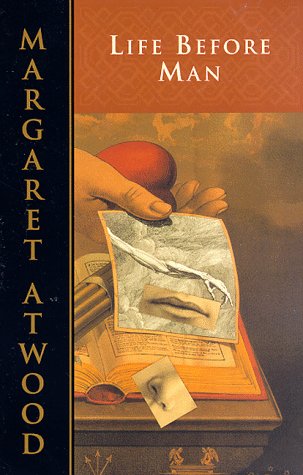We have tried to be very positive around her, highlighting positive behavior, and ignoring tantrums, willing them to obsolesce. It takes an effort to raise a moral child. Here are some tips from an article published in the NY Times.
- By age 2, children experience some moral emotions, enforced by right and wrong.
- Praise is more effective than rewards.
- "Rewards run the risk of leading children to be kind only when a carrot is offered, whereas praise communicates that sharing is intrinsically worthwhile for its own sake."
- What kind of praise should be given?
- Their character should be praised instead of their actions. This helps them in internalizing it as a part of their character.
- "When our actions become a reflection of our character, we lean more heavily toward the moral and generous choices. Over time it can become part of us."
- "Tying generosity to character appears to matter most around age 8, when children may be starting to crystallize notions of identity."
- "When children cause harm, they typically feel one of two moral emotions: shame or guilt."
- "Shame is the feeling that I am a bad person, whereas guilt is the feeling that I have done a bad thing."
- "Shame is a negative judgment about the core self, which is devastating: Shame makes children feel small and worthless, and they respond either by lashing out at the target or escaping the situation altogether."
- "Guilt is a negative judgment about an action, which can be repaired by good behavior. When children feel guilt, they tend to experience remorse and regret, empathize with the person they have harmed, and aim to make it right."
- "Shame emerges when parents express anger, withdraw their love, or try to assert their power through threats of punishment: Children may begin to believe that they are bad people."
- Parents should explain to their children:
- Why the behavior was wrong
- How it affect others
- How they can rectify the situation
- The appropriate response should be:
- “You’re a good person, even if you did a bad thing, and I know you can do better.”
- "The beauty of expressing disappointment is that it communicates disapproval of the bad behavior, coupled with high expectations and the potential for improvement."



